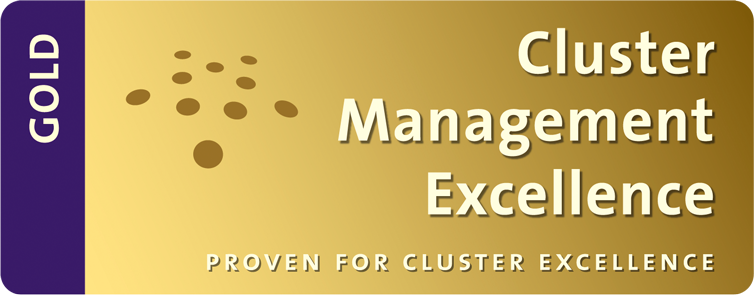Clusters, European Policy in Excellence of Management
- April 23, 2022
- Posted by: AgroTransilvania Cluster
- Category: Scientific Articles

Authors: Florina BARDEA, Felix H. ARION, Patryk SZABELSKI
Abstract:
The European Union (EU) plays an important role in the developing of clusters, defined by the European Commission as groups of specialized enterprises – often SMEs – and other related supporting actors that cooperate closely together in a particular location. As a result, the EU launched the pan-European initiative to support cluster management (European Cluster Excellence Initiative). It recognizes the performance of cluster management by quality labels such as the Bronze, Silver, and Gold issued by The European Secretariat of Cluster Analysis. With reference to these certifications, the authors analyzed the cluster management excellence by critically studying the labels granted in terms of trends, numbers, sectors, countries, and regions. Based on the gathered results, the clusters initiatives (new or already existed) can benchmark themselves. Regional, national, and European policymakers will be able to estimate how specific factors of political,
geographical, demographic, access to raw materials, and level of development can influence the number of clusters, their quality of management, and cluster typology. The goal of the research is to identify the number and type (bronze, silver, and gold label) of clusters in the EU and UK. As research methods, analyzes were performed using the European Cluster Collaboration Platform (ECCP) and European Secretariat for Cluster Analysis (ESCA) data. The main results of the research show that clusters differ not only in size or activity but also in quality. Most clusters are found in the rich countries of Western Europe. Most clusters in Europe that have a bronze label are often located on the Iberian Peninsula, the Balkans, and Central Europe.
Published: CBU INTERNATIONAL CONFERENCE ON INNOVATIONS IN SCIENCE AND EDUCATION 2020
Skip to PDF content






